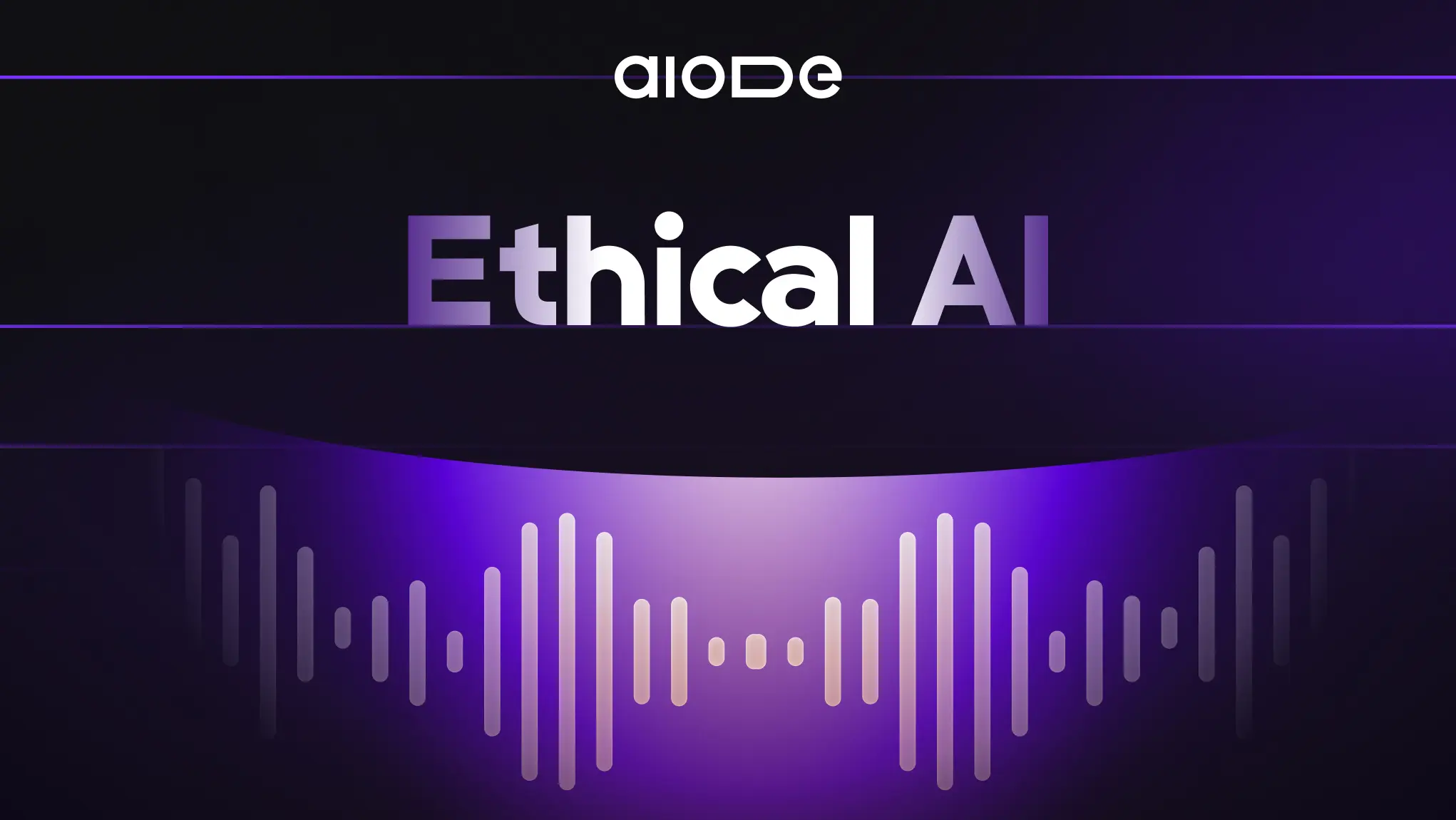Introduction: Balancing Innovation and Creator Rights
A recent Complete Music Update article highlights a brewing debate in the UK: how to handle copyright in the age of AI. As the CEO of Aiode – an AI music startup – and a lawyer, I welcome the UK government’s plan to conduct a rigorous impact assessment before changing copyright law for AI. The proposed copyright exception would let AI companies train on existing music and content without permission, unless creators opt out. This has rightfully raised alarms in the creative industries, which fear such a blanket exception could undermine artists’ rights. In my dual role as a tech innovator and legal advocate, I believe we must foster innovation in AI and safeguard the rights of creators. Responsible AI development in music isn’t just possible – Aiode is living proof that ethical innovation can thrive while respecting artists.
Copyright Law and AI: Why Musicians are Concerned
The music industry’s concerns over a broad text-and-data-mining exception are well-founded. Under the floated exception, generative AI firms could use any copyrighted songs or recordings for training without obtaining a license, except where a rightsholder explicitly opts out. This flips the script on traditional copyright – placing the burden on creators to police the use of their works, rather than requiring AI developers to ask for permission. Musicians and songwriters worry this could open the floodgates to unpermissioned exploitation of their art. Parliamentarians attempted to address this by amending the Data Bill to force AI platforms to comply with copyright and be transparent about their training data. Although those amendments were initially removed, the pushback has been strong. The message is clear: any AI revolution in music must not come at the expense of the artists.
Impact Assessment: A Welcome First Step
The ministers’ commitment to examine the economic impact of any new AI copyright exception is a positive and necessary step. A data-driven, consultative approach is exactly what’s needed before rewriting copyright rules. This impact assessment – along with promised reports on transparency, licensing, and data access for AI developers – is a positive step toward evidence-based policymaking. It shows that lawmakers are listening to the chorus of concerns from artists, labels, and publishers. However, this must not become a stalling tactic or “long grass” where the issue gets kicked down the road. The assessment should be swift, thorough, and followed by clear guidelines or legislation that ensure AI companies operate fairly.
Responsible Innovation: The Ethical Path Forward
At Aiode, we have built our entire business on the premise that innovation and authors’ rights can go hand in hand. Our platform “virtualises” real session musicians – creating AI models of their style and musicianship – with the artist’s full participation and permission at every step. We partner with artists to capture their unique essence and license their contributions ethically, rather than scraping the internet for data. In return, those musicians receive a fair share of revenues when their AI-powered musicians are used. This collaborative model turns AI into a new opportunity for creators, not a threat.
Unlike other AI music platforms that rely on scraped or unlicensed content, Aiode’s models are trained only on data we have legally licensed or created with participating musicians. This means that the music our users create with Aiode is not only ethically generated, but also legally clean — enabling them to fully own their outputs. In an industry where legal ambiguity is common, we offer certainty: if you create music with Aiode, you can release and monetize it. This model turns AI from a legal gray area into a launchpad for real, rights-secured creativity.
Transparency, Licensing and Trust
Aiode strongly supports the calls for greater transparency and fair licensing in AI. We believe all AI developers should be open about the data that trains their models and ensure that data is lawfully obtained. In our view, such transparency is not a burden but a chance to build trust. For example, Aiode’s own policies involve traceable, siloed datasets for each artist – we know exactly which recordings train a model, and those recordings are used with permission, in a controlled way. This safeguards musician rights and makes auditing our AI’s “knowledge” straightforward.
Aiode’s Commitment as a Responsible Innovator
As both a tech CEO and a lawyer, I believe that upholding copyright and embracing innovation are not mutually exclusive. In fact, they must go together for AI to truly succeed in the creative fields. At Aiode, we’ve committed to concrete principles that reflect such a partnership approach.
Conclusion: Partnership, Not Exploitation, is the Future
The ongoing debate around the Data Bill’s copyright provisions is defining how the future of music creation will unfold. At Aiode, we chose a future built on collaboration and respect. A rigorous impact assessment of any new exception will ensure we understand the stakes for Britain’s songwriters, composers, and performers. If that process confirms what many of us suspect – that an unchecked exception could harm our creative ecosystem – then the UK should pivot to policies encouraging licensing, artist partnerships, and innovation within a fair framework.
